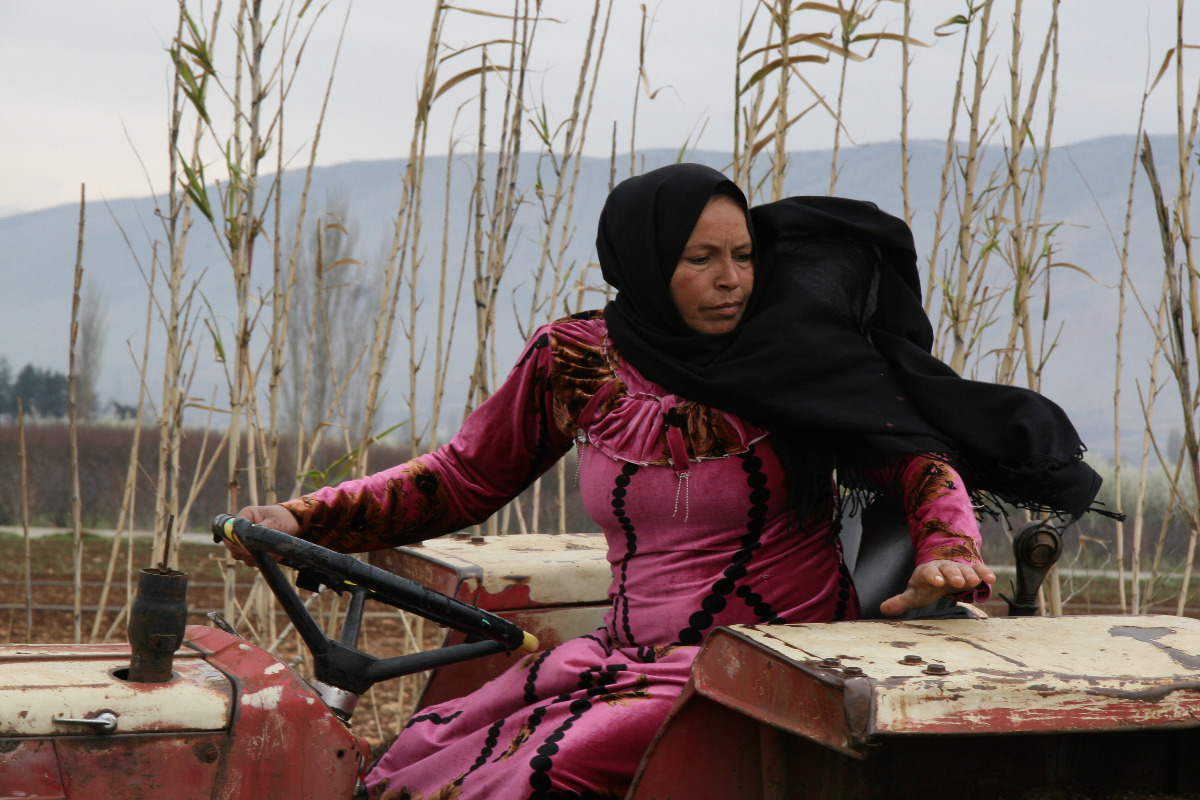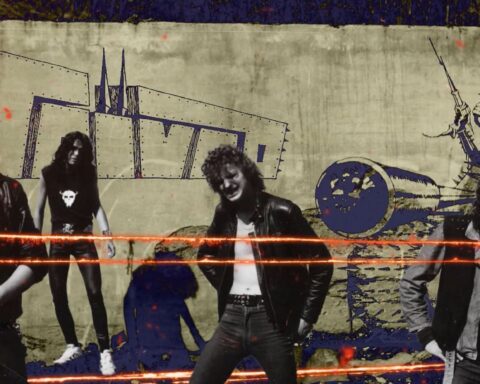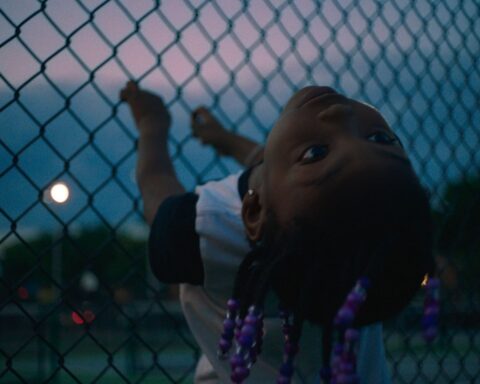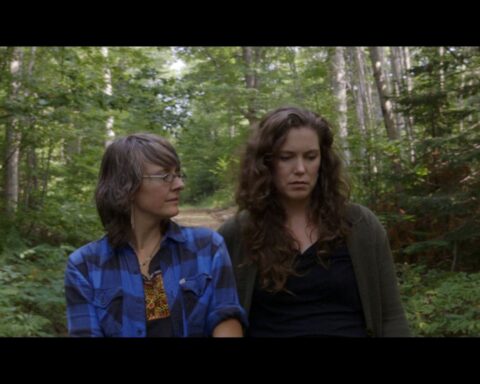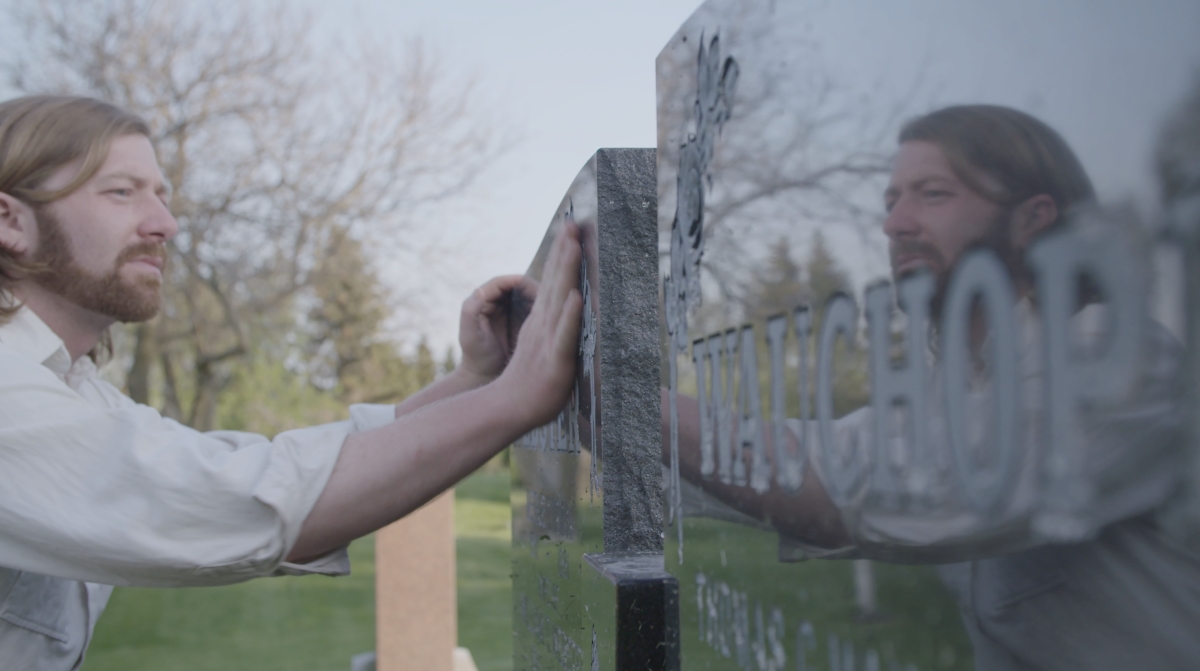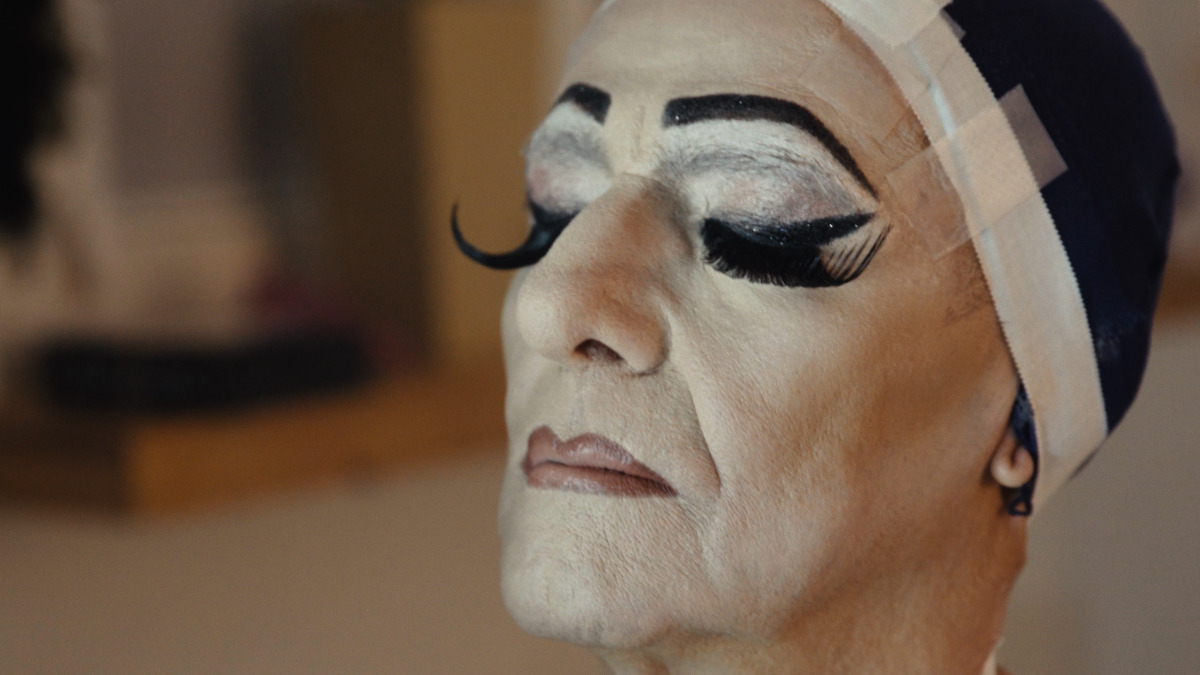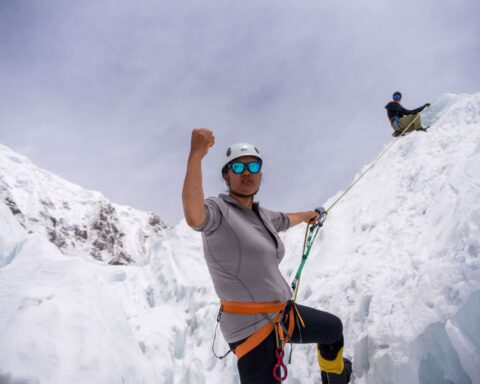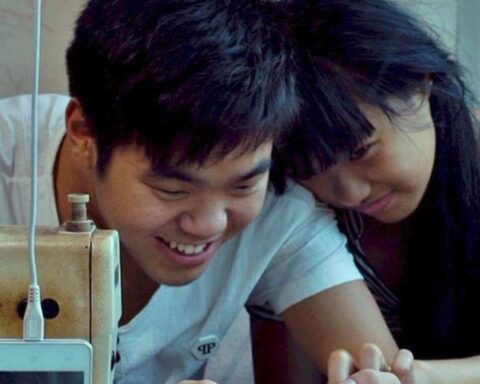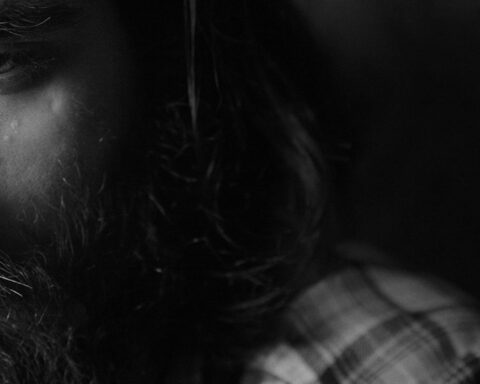Batata
(Canada/Lebanon/Qatar; 127 min)
Dir. Noura Kevorkian
Program: Canadian Spectrum (North American Premiere)
Noura Kevorkian, a talented and underrated Armenian-Canadian filmmaker, who is a brilliant cinematographer and editor, spent a decade with Maria, a solid and resourceful middle-aged woman, who keeps her Syrian family together emotionally and physically while they work daily in the verdant fields of Lebanon. When Kevorkian began her film project in 2009, it’s likely that the focus was on Maria’s father Abu Jamil, who had forged a remarkable friendship with Armenian-Lebanese farmer Mousa (Movses Doudaklian) over many years of working together. The mutual respect and admiration between Mousa, an Armenian Christian, and Abu Jamil, a Syrian Muslim, is a wonder to behold. That’s especially so given the cantankerous relationship between the countries fostered by Syria’s domination in Lebanese politics during and after their devastating civil war between 1975 and 1990.
Kevorkian depicts what happens on Mousa’s farm wonderfully well, balancing the hard work of harvesting potatoes and lettuce with a robust life of family events—childrearing, cooking, spending time together.
Then, the world stage changes. Suddenly it’s 2011, the Arab Spring, which proved to be so disastrous for Syria. As we know, an idealistic attempt at democratizing the country soon plunged Syria into a devastating war between Assad followers, his supporters including Putin, their enemies and ISIS. Maria’s family members were among the hundreds of thousands who left Syria, some immediately and others, over time. Pretty quickly, the work huts built for Mousa’s farming camps weren’t enough for the refugees who had to locate further from the Syrian/Lebanese border in what was called Camp Jabal.
The life that Kevorkian initially depicts in the film has shifted considerably at this point and then it moves into a new direction when an earth-shattering event occurs: Mousa dies. Suddenly, the charismatic Armenian-Lebanese-Christian is gone and so is the main story of his decades’ long friendship with Abu Jamil. Batata moves into more hard-hitting terrain as Maria emerges as the main character, keeping her family together, as the crisis in Syria reaches epic proportions.
Kevorkian’s eye for human interaction, and particularly between children, is remarkable. The sense of life in the camps is vivid—startlingly real and evocative. While everyone survives, the men have little work to do, and the children aren’t getting proper education.
Batata is an extraordinary film because Kevorkian stuck with it, even as the human drama changed, and the politics of the situation became more dire and complex. Part of the respect one has for the film is an admiration for Kevorkian’s doggedness in telling the story of Marian and her family. The rest is one’s appreciation of a film that records “normal” events—weddings, funerals, dinners—even during immense civil strife. Somehow, that makes one feel a bit more optimistic for the future.
Batata premiered at the 2022 Hot Docs Film Festival.




